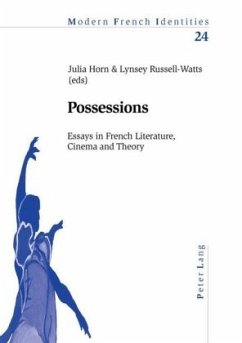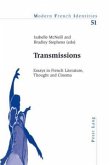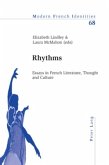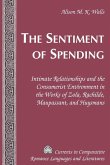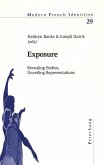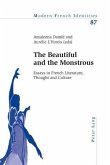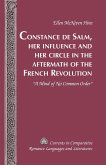Possessions emerges from the fifth Cambridge French Graduate Conference, which took place in 2001. The theme has provoked a broad scope of investigation, covering French literature, film and theory, and ranging from the early medieval period to the present day. Despite the lack of attention which has so far been explicitly devoted to the idea of possession, it is shown to be an ever-present concern, and this volume seeks to fill this critical blind spot. The essays confront the central notion on several levels, tackling issues of authorship and ownership, postcolonialism, gender, and the potential trauma implicated in possession. The juxtaposition of different media, periods and critical schools allows common links to emerge, demonstrating ways in which possession acts as both problem and enabling notion. As a stimulating and original investigation into an under-explored area of critical thinking, the volume offers a critical examination of the possessing power of the text.
"This book emerges from the fifth annual Cambridge French Graduate Conference held in 2001, and gathers together work by fledgling researchers and senior academics on the theme of possession. The result is a superb volume of articles, which covers the full historical range of French literary studies and includes cogent discussion of critical theory and cinema." (Sarah Cooper, French Studies)

